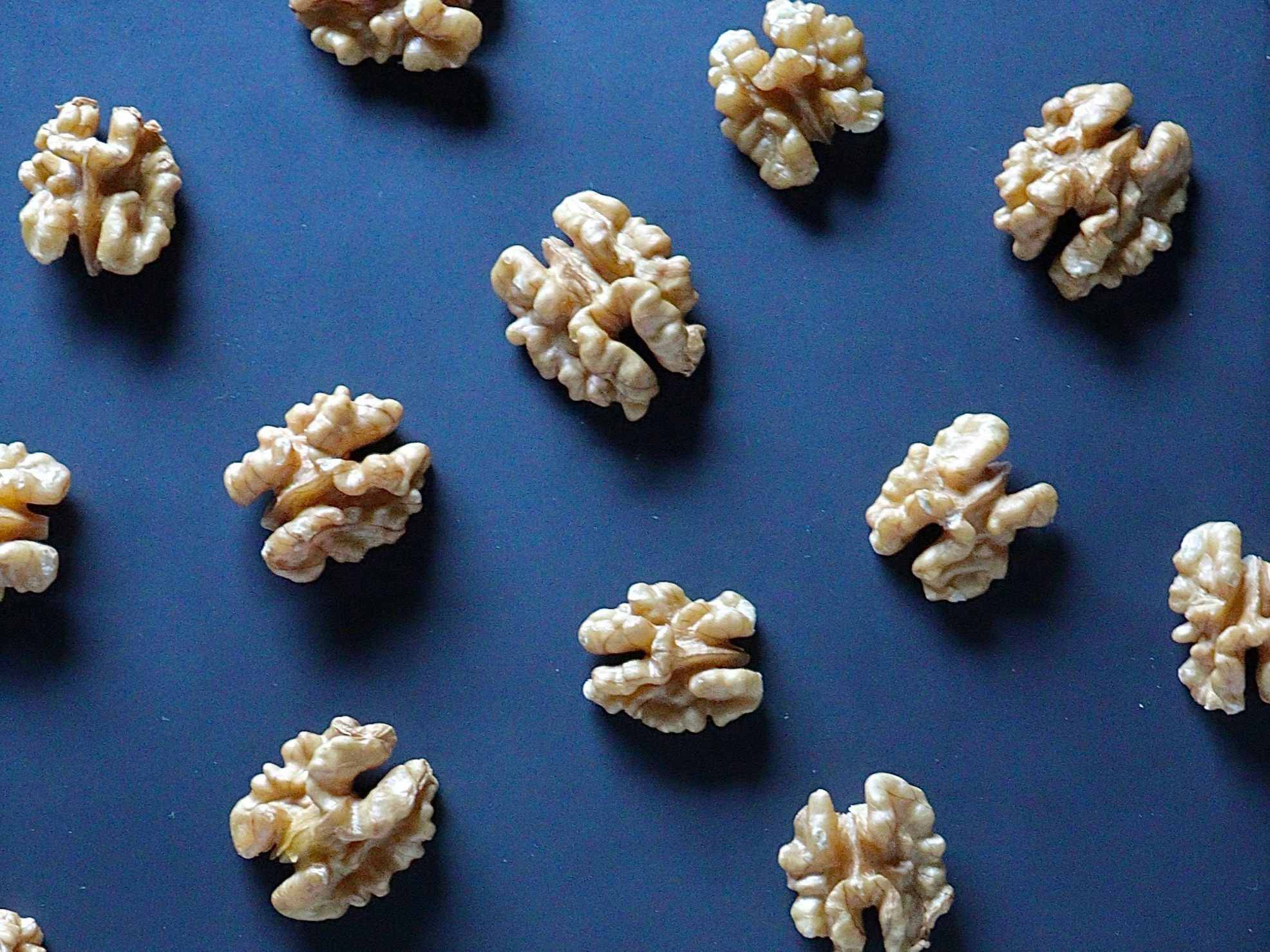Stay Curious: The Recipe for Success for a Sharp Mind in Old Age

Curiosity acts like fitness for the brain – and can turn back the mental age.
The emeritus professor Anthony D. Fredericks (78) keeps his brain sharp with a single principle: he stays curious. Curiosity activates positive reward systems in the brain during learning. According to UCLA research, this curiosity, especially "State Curiosity," can even increase in older age and reduce the risk of Alzheimer's.
Consciously fostering curiosity
Fredericks suggests consciously recognizing one's knowledge gaps: Once a week, dive into a completely new topic for 5-10 minutes – such as prehistoric cave paintings or ancient trees.
Open thoughts instead of fact fixation
Instead of always searching for the one right answer, he recommends divergent thinking. Several "What if...?" questions stimulate the brain to creativity.
Wonder as a Driver
Experiences that evoke awe – such as in nature or at new places – activate the reward system and fuel curiosity. Regularly discovering new things keeps the brain adaptable.
Diversity in Reading
A wide range of reading material – from paleontology to gardening tips to literature – sustainably stimulates curiosity and ensures mental diversity.
Neurobiological Backgrounds
Psychological studies show: Curiosity activates the dopaminergic reward system, increases receptivity and memory performance. In older adults, "State Curiosity" – situational inquisitiveness – is a particularly strong protective factor against cognitive degeneration.
This article has been automatically translated, read the original article here.





